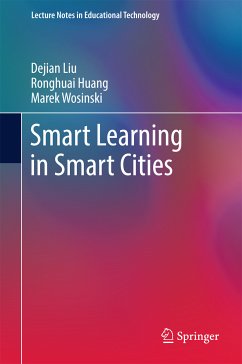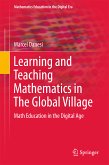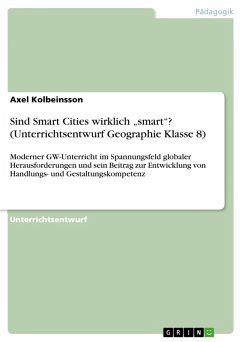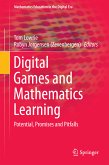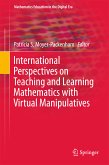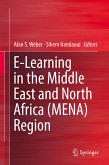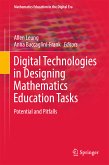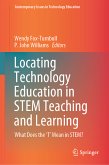This book introduces readers to the current status of smart learning in China by providing extensive and accurate data from different contexts of smart learning. In particular, it investigates smart learning in smart cities, which extends the concept of smart learning to cover both formal and informal learning, and to support life-long learning.
With digital technologies and the Internet becoming increasingly integrated into learning, the demand for smart learning has grown steadily, especially in smart city scenarios. As the need for life-long learning is on the rise, smart learning environments in cities should be equipped to meet people's demands. Smart learning/education is also one of the key applications of smart cities.
Though the book's content mainly focuses on the educational technology field, research in cities and industries is also included. This book offers a valuable resource for graduate students in educational technology, smart learning environment and smart city researchers, cooperative university managers, and all others who are interested in smart learning industries.
Dieser Download kann aus rechtlichen Gründen nur mit Rechnungsadresse in A, B, BG, CY, CZ, D, DK, EW, E, FIN, F, GR, HR, H, IRL, I, LT, L, LR, M, NL, PL, P, R, S, SLO, SK ausgeliefert werden.

